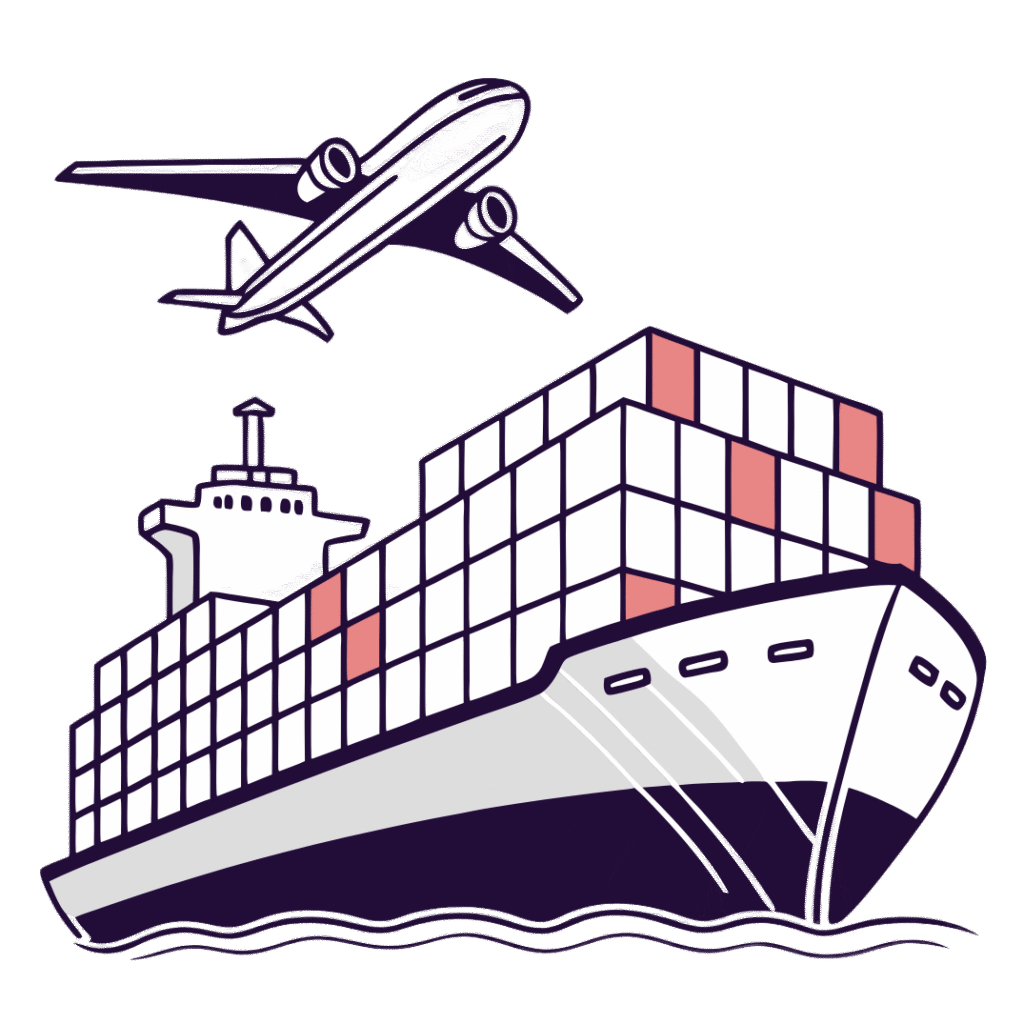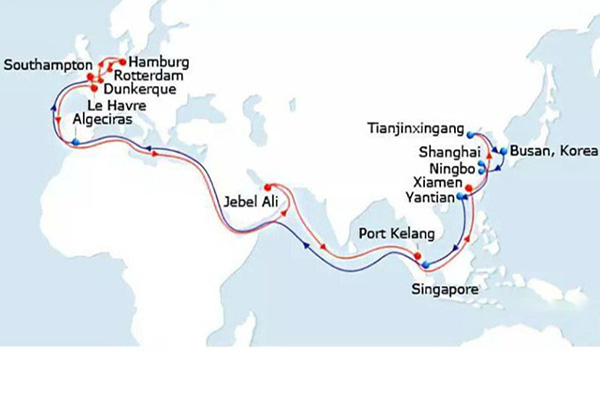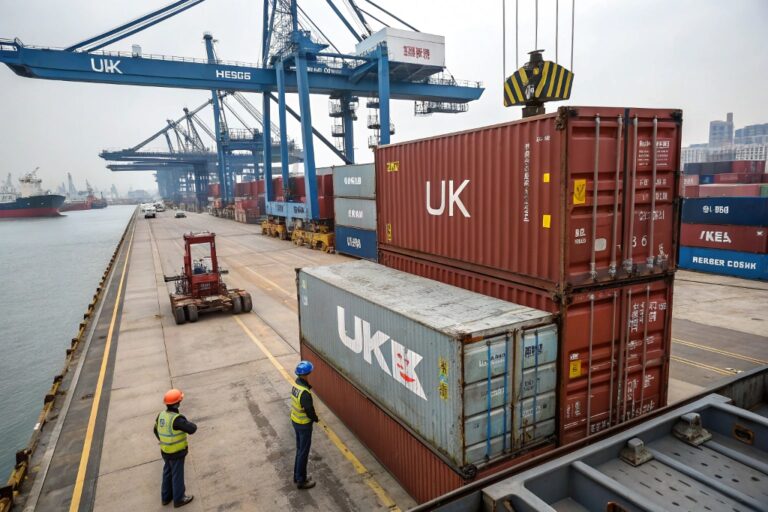Understanding the fee structures of sourcing agents can optimize budgeting frameworks and expense management effectively for businesses.
Sourcing agents typically charge a commission between 3% to 10% of the product cost, depending on the service scope, complexity, industry, and relationship terms. Some may levy fixed fees based on negotiated agreements, affecting overall expenses directly.
Grasping these rates facilitates refined cost analysis and strategic financial planning for procurement engagements.
How do sourcing companies make money?
The financial mechanisms underpinning sourcing companies reveal profit acquisition avenues and sustained business viability.
Sourcing companies make money through commissions charged as a percentage of transaction values, fixed service fees, profit margins on goods, added service charges for quality checks, logistics management, and market analysis. Client relationships influence revenue rates greatly.
%(一定要是百分比键,而不是感叹号)[alt with keywords](https://placehold.co/600×400 “title”)
Revenue Sources:
- Commission Fees: Charged per transaction aligns with total consignment values.
- Fixed Fees: Standard fees depending on service complexity and scope.
- Margin Profits: Added profit through direct product sales to clients.
- Additional Service Charges: Fees for comprehensive auxiliary services offered.
- Consultation Fees: Charges for strategic market insights and sourcing advisories.
Multiple revenue streams ensure competitive positioning and market adaptability for sourcing companies.
How much do sourcing agents make?
Quantifying the earnings of sourcing agents clarifies their financial potential and career growth contours in industry landscapes.
Sourcing agents typically earn between 3% to 10% commissions on product transactions, with annual incomes varying dramatically based on client base, industry focus, region, efficacy, and additional service offerings, often ranging widely from $40,000 to over $100,000 annually.

Earnings Determinants:
- Client Scale: Larger clients typically offer significant commission opportunities.
- Industry Specialty: Specialized industry expertise can drive higher earnings.
- Regional Dynamics: Location-specific factors influence income.
- Supplementary Services: Additional earnings coalesce around auxillary service provisions.
- Performance Metrics: Proven reliability and efficiency underpin repeated engagements.
Strategic skill application enhances financial outcomes and longevity in sourcing careers.
Are sourcing agents worth it?
Evaluating the value proposition of sourcing agents reveals substantial insights into strategic business decisions and procurement efficiencies.
Sourcing agents can prove invaluable by securing favorable supplier terms, managing quality assurance, habilitating regulatory navigation, and providing industry insights beyond typical access, ultimately streamlining operations and realizing potential savings far surpassing their costs.
Value Considerations:
- Cost Savings: Effective negotiations lead to compelling, beneficial price reductions.
- Efficiency Gains: Reduced operational complexities streamline resource allocations.
- Quality Output: Vigilance in quality management averts inferior product receptions.
- Strategic Guidance: Access to industry trends informs procurement decision frameworks.
- Time Savings: Focus on core business functions receives enhanced priority.
Their expertise can substantially elevate overall procurement efficacy and long-term strategic success.
Is sourcing a stressful job?
Understanding the stress inherent in sourcing roles offers insight into career expectations and situational management.
Sourcing can be stressful due to tight deadlines, communication complications, regulatory comprehension challenges, supplier adherence, and quality management responsibilities. Stress mitigation often leans heavily on strategic planning, adaptability, and proficient issue resolution capabilities.
Stress Mitigating Factors:
- Timeline Management: Effective scheduling and planning avert deadline stress.
- Communication Skills: Clear correspondence pathways reduce misunderstandings.
- Regulatory Expertise: Understanding laws and regulations simplifies transitions.
- Quality Oversight: Rigorous quality protocols prevent noncompliance anxieties.
- Adaptability: Flexible approaches accommodate industry shifts smoothly.
Proactive stress management can transform potential negativities into driving progress and innovation.
What is the commission for sourcing agents?
Delineating commission norms helps inform financial expectations and sourcing strategy frameworks within business environments.
The commission for sourcing agents usually ranges from 3% to 10% depending on transaction complexity, industry standards, scope of services, and negotiation outcomes, which significantly influences procurement cost structures.

Influential Factors:
- Industry Norms: Established norms fluctuate across differing market contexts.
- Value Proposition: Higher commissions often correlate with greater service scopes.
- Agreement Terms: Negotiation can refine commission arrangements effectively.
- Service Levels: Exceeding standard expectations often involves enhanced rates.
- Volume Influence: Bulk transactions can drive scaled commission rates.
Comprehensive considerations enable tailored financial decisions aligned with business objectives amicably.
What is a typical sourcing fee?
Exploring typical sourcing fees aids in establishing baseline financial arrangements and procurement expectations innovatively.
A typical sourcing fee includes either a commission percentage between 3% to 10% or a fixed service charge based on transaction value, service depth, and negotiation specifics, recently vital for budget formulation considerations.
Determinative Elements:
- Transaction Value: Higher value transactions might involve higher fee scales.
- Negotiation Dynamics: Fee assessments align with negotiation skill and strategy.
- Service Breadth: Broader service offerings can justify elevated fee rates.
- Scope Specificities: Complex engagement scenarios often reframe typical fees.
- Market Standards: Industry benchmarks inform standard fee expectations accurately.
Collaborative fee arrangements contribute positively towards mutual business prosperity and client satisfaction values.
How much do agents take from contracts?
Appending transparency on agent contract contributions ensures informed analysis and strategic decision formulations in client engagements.
Agents typically take between 3% to 10% from contracts, influenced by service and transaction intricacies, industry prevalent norms, and personalization levels, guiding definitive financial impact assessments significantly.

Extractive Considerations:
- Service Complexity: Detailed service scenarios authorization often involve elevated scales.
- Industry Conventions: Established convention adherence can influence contract percentages.
- Personalization Depth: Thorough tailored engagements warrant higher contract commissions.
- Contractual Scale: Higher value executions can embrace augmented contract extraction confidently.
- Negotiation Competency: Effective negotiations streamline contract terms conducive to mutual benefit.
Agent contracts establish unified expectations and financial implications directing comprehensive subsequent arrangement understandings.
How much do sourcing consultants make?
Exploring sourcing consultant income potential offers clarity for career pursuits and income aspirations with industry context alignment.
Sourcing consultants typically earn based on project scopes, industry prominence, service specifications, and client dynamics, with incomes averaging from $50,000 to upwards of $120,000 annually depending on performance metrics and client-level engagements.
Earnings Insights:
- Project Complexity: Intensive projects might present elevated earning opportunities.
- Client Base: Significant client relationships correlate with higher income resolutions.
- Industry Expertise: Specialized knowledge can cultivate income growth.
- Supplementary Services: Diversified offerings enhance income streams meaningfully.
- Consultation Competency: Repeating successful engagements realize sustained financial viability.
Focus on delivering client-aligned solutions and dependable advisory fosters sustainable sourcing consultancy income growth confidently.







